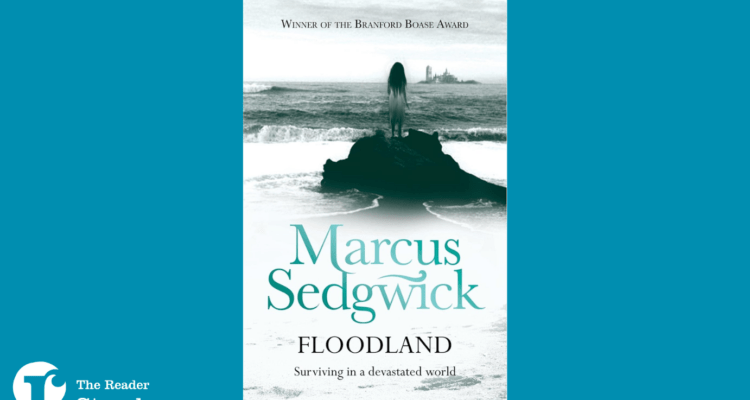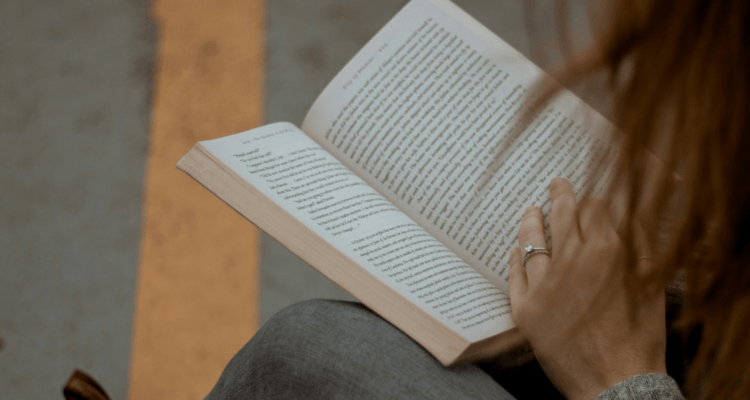A Quick Reading Roundup
Following a relaxing Christmas break, we're back in full swing here at The Reader Organisation and while we've been gone, there has been plenty going on in the world of reading, so here's a quick roundup of interesting topics that have cropped up.
Best Books of 2013:
Throughout December, a variety of lists on the 'best books of 2013' were published to help readers see a roundup of the year in reading, while giving a little bit of help and advice to Christmas shoppers, and reminding us what a fantastic year for fiction 2013 has been. The Guardian's best fiction of 2013 list included Eleanor Catton's Man Booker Prize winning book The Luminiares and Donna Tartt's The Goldfinch. This year has also seen an interesting boost in sales of 48 year old novel, Stoner, by John Williams, which became the 2013 Waterstones Book of the Year. Evidently, 2013 has proven to be a year of triumphs for fiction both old and new. Can you tell us what the best book you read in 2013 was? And which book are you most looking forward to reading in 2014? Comment below or tweet us with your choices - we'd love to hear them!
Reading increases brain function:
Over the festive period a study at Emory University published in the journal "Brain Connectivity" has found that reading increases brain function. The study monitored participants' brain activity after reading, and found that it was more active for 5 days after reading. This research links interestingly with research by The Reader Organisation's research partners, Professor Philip Davis and CRILS (Centre for Research into Reading, Information and Linguistic Systems at the University of Liverpool) into brain pathways for which researchers used scanners to monitor the brain activity of volunteers as they read works by writers such as Shakespeare, Wordsworth and Eliot. Professor Davis stated that "the research shows the power of literature to shift mental pathways, to create new thoughts, shapes and connections in the young and the staid alike.” Please see our full blog post on this research here. Both pieces of research place emphasis on the important biological changes that occur when reading good literature, and really emphasise some of the many benefits of reading. These findings help demonstrate the value of our work, and inspire us to continue working hard in building a reading revolution.
Report suggests less people are reading on a daily basis:
John Gingham's article in The Telegraph reports Ruth Rendell's belief that "Reading has become a “specialist activity” which only a minority enjoy regularly, rather than something most people do routinely." The article then suggests that you can see a decline in reading when Philip Hensher refers to noticing the lack of people reading on public transport compared to 20 years ago. See the full article here. Here at The Reader Organisation, we are dedicated to working to make sure that reading is not something only a minority enjoy regularly. Consequently, this article gives us an even greater drive to continue building a reading revolution and to spread the word on the the positive work we do in getting people into reading.
With all this taken into account, we are beginning 2014 with an absolute belief in the importance of the work we do and we carry with us a drive to continue doing what we do best which is, getting people into reading great literature.
Share
Related Articles

We’re Hiring! Join our Front of House Team
We're hosting a Recruitment Day at the Mansion House, Calderstones Park on Tuesday 16 April as we look to expand…

The Storybarn Selects… From The Reader Bookshelf
Our last deep dive into the 2023/24 Children and Young People's Reader Bookshelf is a review of Floodland by Marcus Sedgwick…

March’s Stories and Poems
March’s stories, extracts and poems have been chosen on the theme ‘Moving on’, which perhaps feels especially relevant as we…


